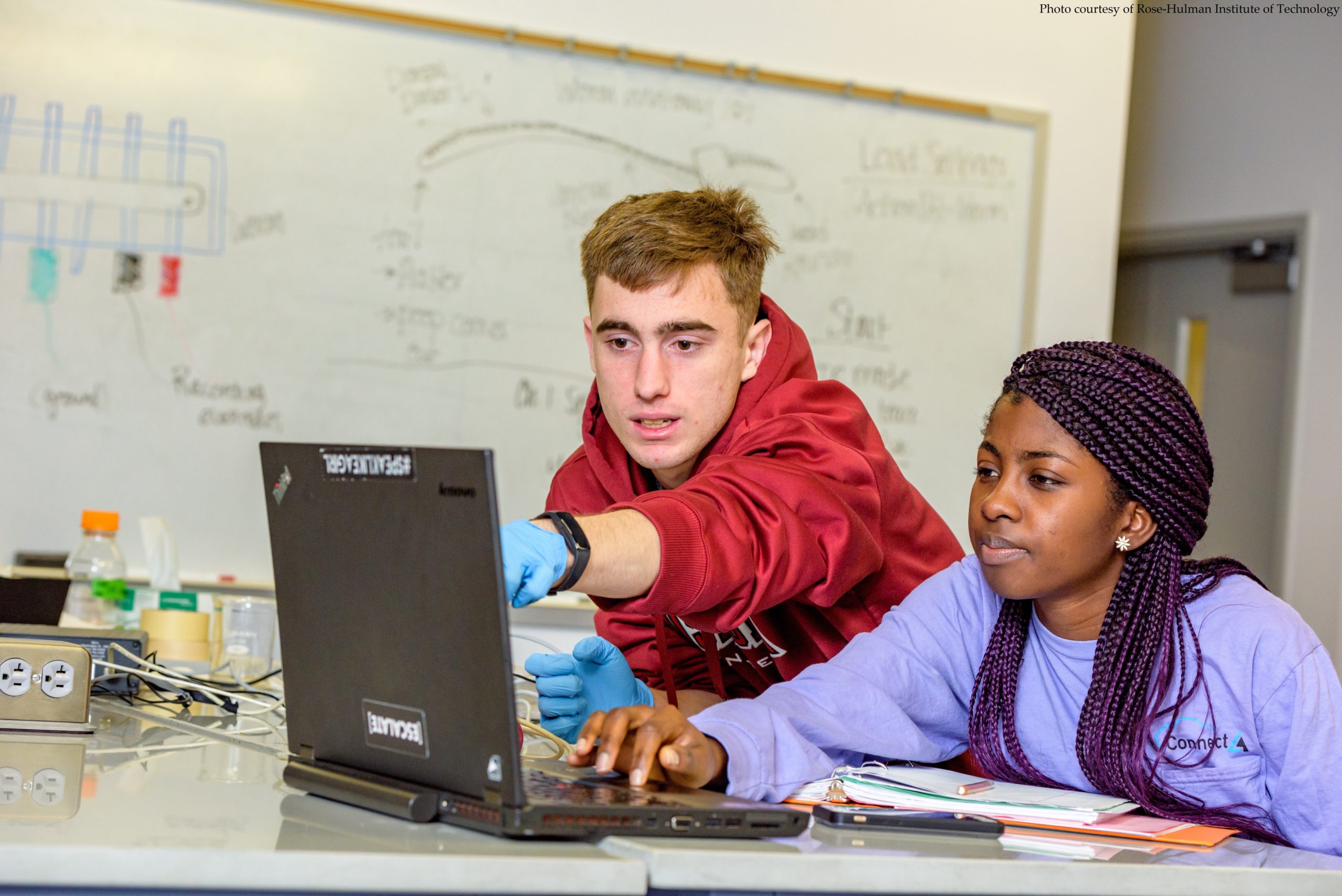A recently presented poster at the Association for Institutional Research Annual Forum investigated whether certain personality traits are more or less common in students who participate in high-impact practices (HIPs). While there is research connecting the link between personality traits and academic achievement (Soric et al., 2017), as well as academic motivation (Komarraju et al., 2009), much less research focuses on how personality traits might relate to participation in high-impact practices (HIPs). Programs such as learning communities, service learning, undergraduate research with faculty, internships, senior capstone projects or culminating experiences, and study abroad are recognized as HIPs due to their positive connection with key educational outcomes and mutual qualities that influence their effectiveness (Kuh, 2008). The focus of this study was to extend research on HIP participation, using NSSE data to explore how different personality traits are related to HIP participation.
For this study, data from the 2017 NSSE administration was utilized. In addition to the core survey, these results incorporate responses from an experimental item set measuring the Five-Factor Model of personality. These items were given to 10,255 students at 34 institutions. This set incorporated the Mini-IPIP Scales (Donnellan et al., 2006), with subscales for Extraversion, Agreeableness, Conscientiousness, Neuroticism, and Intellect/Openness. Items from the core survey asked about participation in HIPs. While this was a subset of NSSE institutions, they were selected by random assignment and mirrored the overall national landscape in terms of size, Carnegie classification, and control. Of the sample of responding students, 36% were men, 55% were White, and 86% were full-time enrolled. In terms of class level, 43% were first-year and 57% were seniors.
Results from independent samples t-tests suggest that there are indeed differences in personality traits when comparing those who participate in HIPs to those who do not. Specifically, first-year students who participate in learning communities are significantly higher in Agreeableness and Intellect, while those who do research with faculty and service-learning are higher on Extraversion. For seniors, many significant patterns emerged as well. Those who complete learning communities, internships, and culminating capstone experiences are significantly higher on Extraversion, Agreeableness, and Intellect. Seniors completing service-learning are higher on Extraversion, Agreeableness, and Neuroticism. Those who do research with faculty are higher on Agreeableness and Intellect, while those who hold formal leadership roles are lower in Conscientiousness. Finally, those who do study abroad are higher on Extraversion and Agreeableness, but lower in Conscientiousness.


These patterns of results are somewhat reflective of previous research showing that certain personality traits are related to motivation and achievement (Clark & Schroth, 2010; Tross et al., 2000), particularly for the traits of Extraversion and Agreeableness. However, Conscientiousness is usually positively related to achievement; the counterintuitive findings for leadership roles and study abroad may be due to concerns for time management in co-curricular activities and ability to complete graduation requirements while spending a semester at a different university. These findings can help institutions develop new HIP programming that is more appealing and inclusive for all students, regardless of personality traits.
Miller, A.L. (2018, May). High-impact practices and personality- Are HIPs biased for certain traits? Poster presented at the Association for Institutional research Annual Forum, Orlando, Florida.


